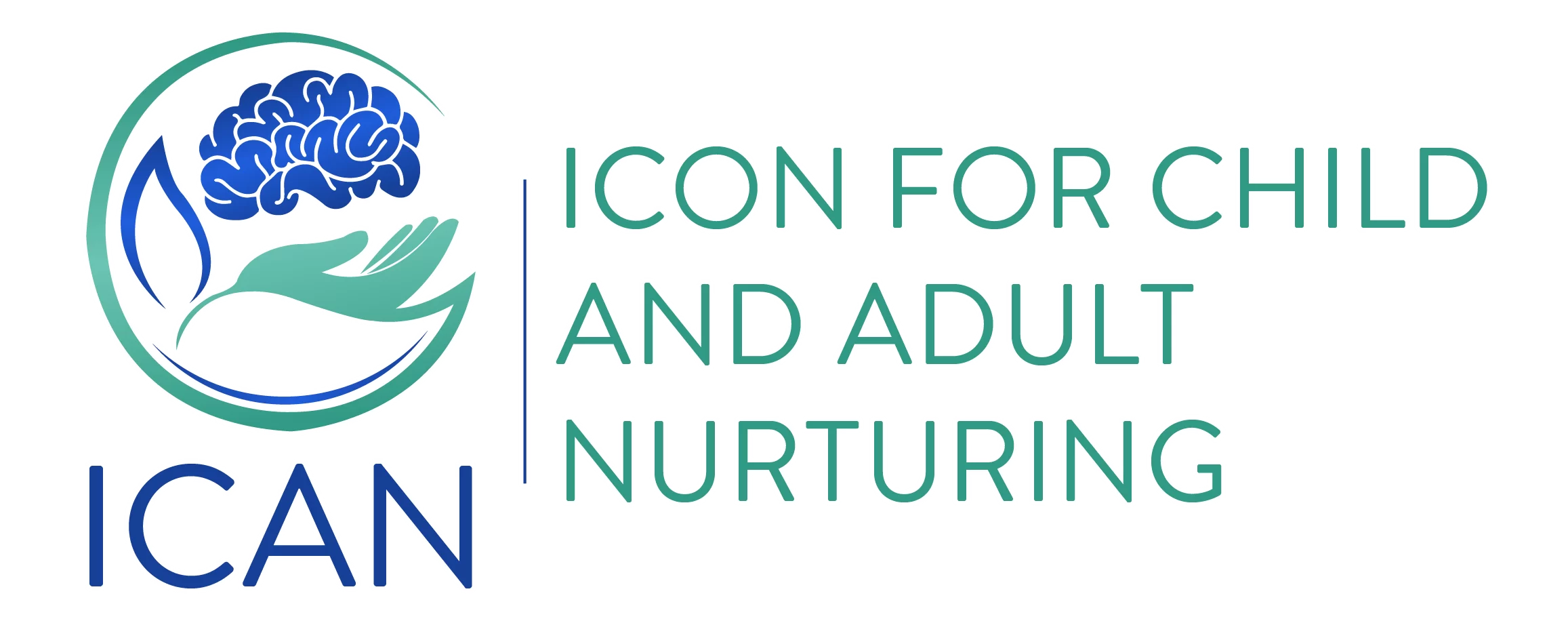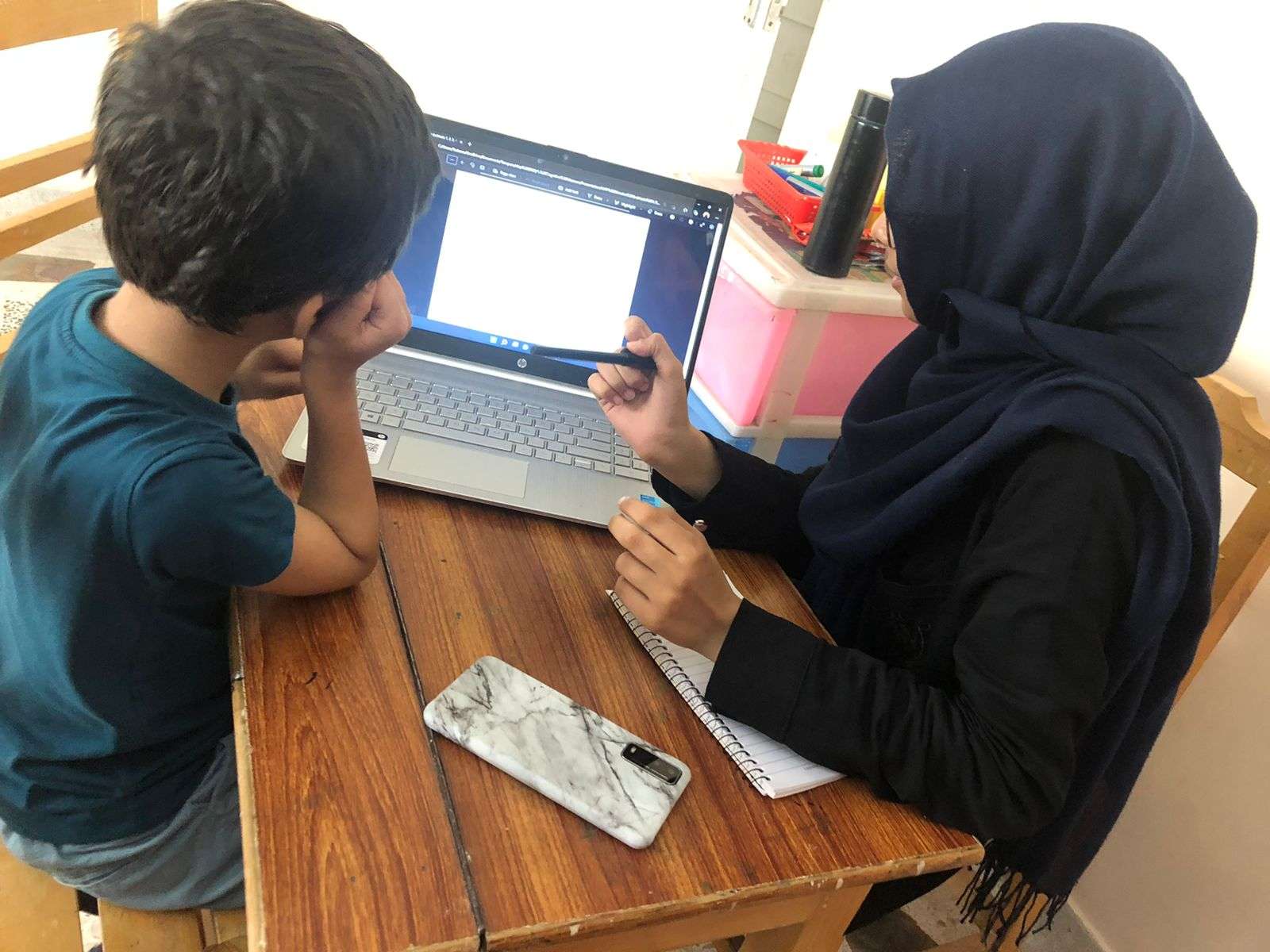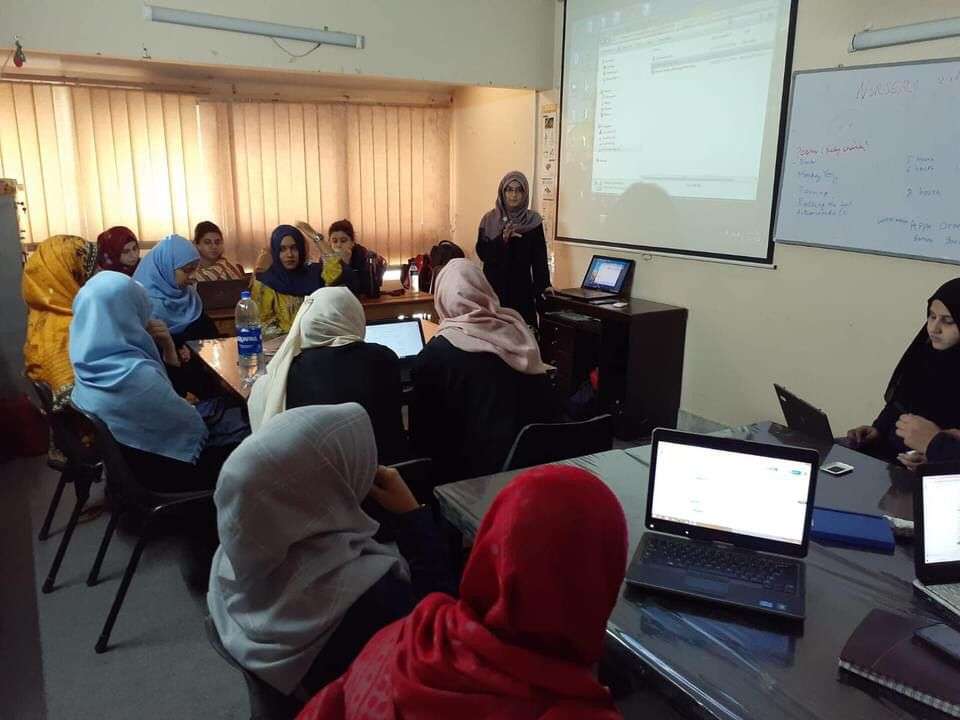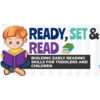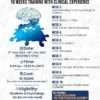Child Literacy Advancement Project - CLAP
Did you know? ~37% of Pakistan’s children have difficulties reading and reading below their class level. Urdu is the 11th most spoken language worldwide. However, there are limited resources to support bilingual children, including Urdu speakers.
To address this critical issue, the Child and Sajida Hasan collaborates with Insiya Bhalloo (a Speech-Language Pathology graduate student) and the Bilingual and Multilingual Development Lab at the University of Toronto. Our work focuses on developing and establishing predictive validity for a novel Urdu literacy screening tool.
Our team developed an Urdu literacy screening tool, over the past two years. The tool is based on phonological awareness skills. Phonological awareness is the ability to recognize and manipulate sounds. It is an important indicator of future reading success. Our Urdu phonological awareness tool includes different audio and visual games. These include picture matching (based on sounds present in a word), repeating sounds and words, segmenting and breaking apart sounds in a word, and joining/blending together sounds to form a word. Our previous studies have shown that class 1 and 2 Urdu phonological awareness skills predict Urdu reading. The developed tool works with young children, and can be used for early literacy screening!
The current 2022-2023 longitudinal project involves establishing predictive validity for the novel tool. We will assess Urdu-English speaking bilingual children on their Urdu and English phonological awareness skills in kindergarten (at 5-6 years) and then their reading skills in Class 1 (at 6-7 years). This will allow us to use the screening tool to identify, monitor/support, and provide early oral language and literacy intervention for children at risk of future reading difficulties, rather than waiting until the child demonstrates later significant reading deficits in Class 3-4. The free-to-access phonological awareness tool will enable speech-language pathologists and teachers to provide accessible screening for children living in remote areas with limited access to therapy clinics, as well as those affected by COVID-19-related school closures.
It is important to identify children facing reading difficulties, as early as possible. Teachers and speech-language pathologists can then monitor and support children at risk for future reading difficulties. Early intervention of reading difficulties is important for later academic success. It is important to support early reading development, as reading skills are linked to school achievement, completion of higher education, and career options.
Literacy screening tools allow educators and clinicians to identify children who are at-risk for future reading difficulties. These tools allow us to support children even before they struggle to read. However, existing tools have been mostly developed in English. There are limited tools to support bilingual children in both languages. It is important to support Urdu-English bilinguals in both their spoken language – Urdu and English – to allow for appropriate assessment and facilitate overall language and reading development.
To address this critical issue, the Child and Sajida Hasan collaborates with Insiya Bhalloo (a Speech-Language Pathology graduate student) and the Bilingual and Multilingual Development Lab at the University of Toronto. Our work focuses on developing and establishing predictive validity for a novel Urdu literacy screening tool.
Our Child Literacy Research:
Our team developed an Urdu literacy screening tool, over the past two years. The tool is based on phonological awareness skills. Phonological awareness is the ability to recognize and manipulate sounds. It is an important indicator of future reading success. Our Urdu phonological awareness tool includes different audio and visual games. These include picture matching (based on sounds present in a word), repeating sounds and words, segmenting and breaking apart sounds in a word, and joining/blending together sounds to form a word. Our previous studies have shown that class 1 and 2 Urdu phonological awareness skills predict Urdu reading. The developed tool works with young children, and can be used for early literacy screening!
The current 2022-2023 longitudinal project involves establishing predictive validity for the novel tool. We will assess Urdu-English speaking bilingual children on their Urdu and English phonological awareness skills in kindergarten (at 5-6 years) and then their reading skills in Class 1 (at 6-7 years). This will allow us to use the screening tool to identify, monitor/support, and provide early oral language and literacy intervention for children at risk of future reading difficulties, rather than waiting until the child demonstrates later significant reading deficits in Class 3-4. The free-to-access phonological awareness tool will enable speech-language pathologists and teachers to provide accessible screening for children living in remote areas with limited access to therapy clinics, as well as those affected by COVID-19-related school closures.
Why Early Literacy Development?
It is important to identify children facing reading difficulties, as early as possible. Teachers and speech-language pathologists can then monitor and support children at risk for future reading difficulties. Early intervention of reading difficulties is important for later academic success. It is important to support early reading development, as reading skills are linked to school achievement, completion of higher education, and career options.
Literacy screening tools allow educators and clinicians to identify children who are at-risk for future reading difficulties. These tools allow us to support children even before they struggle to read. However, existing tools have been mostly developed in English. There are limited tools to support bilingual children in both languages. It is important to support Urdu-English bilinguals in both their spoken language – Urdu and English – to allow for appropriate assessment and facilitate overall language and reading development.
